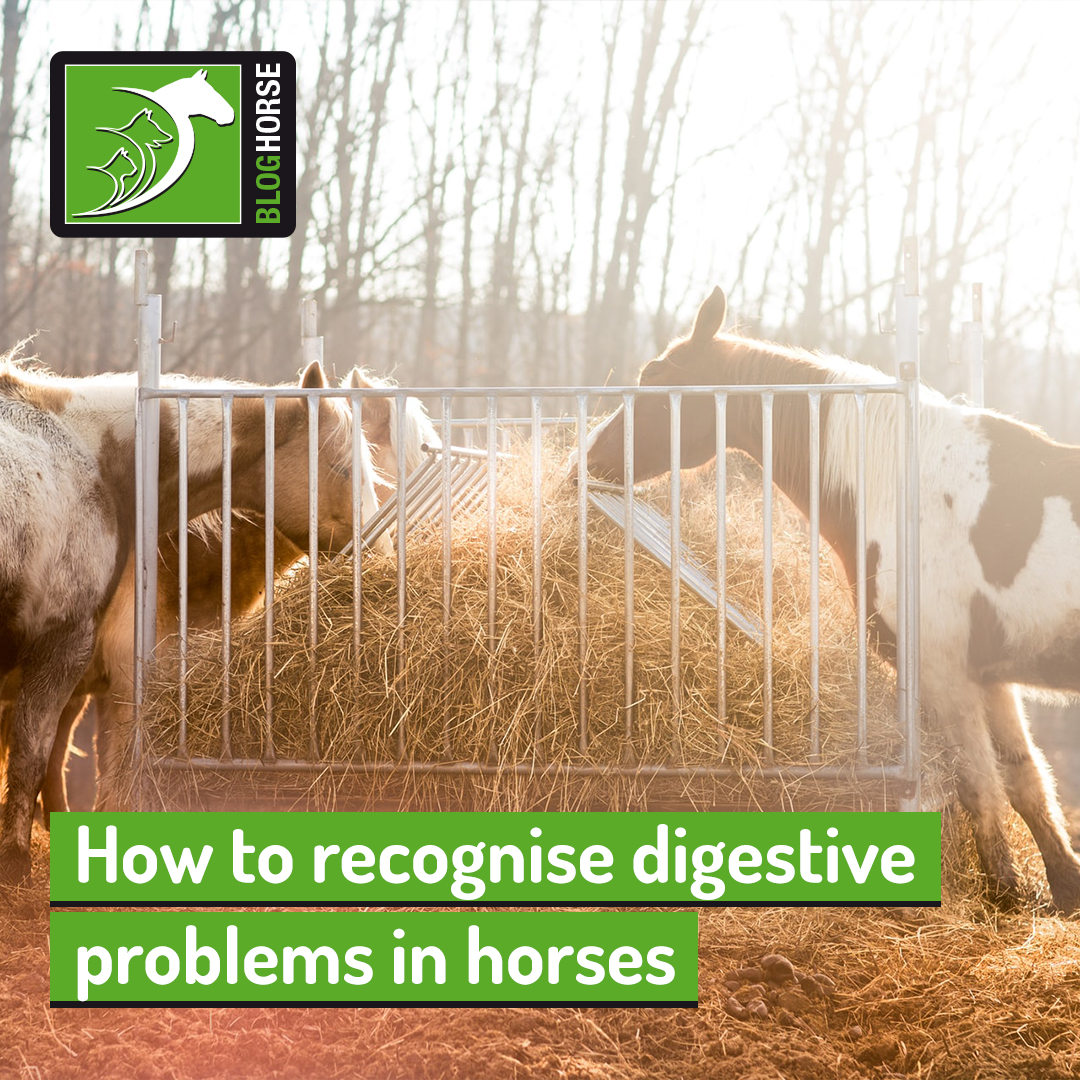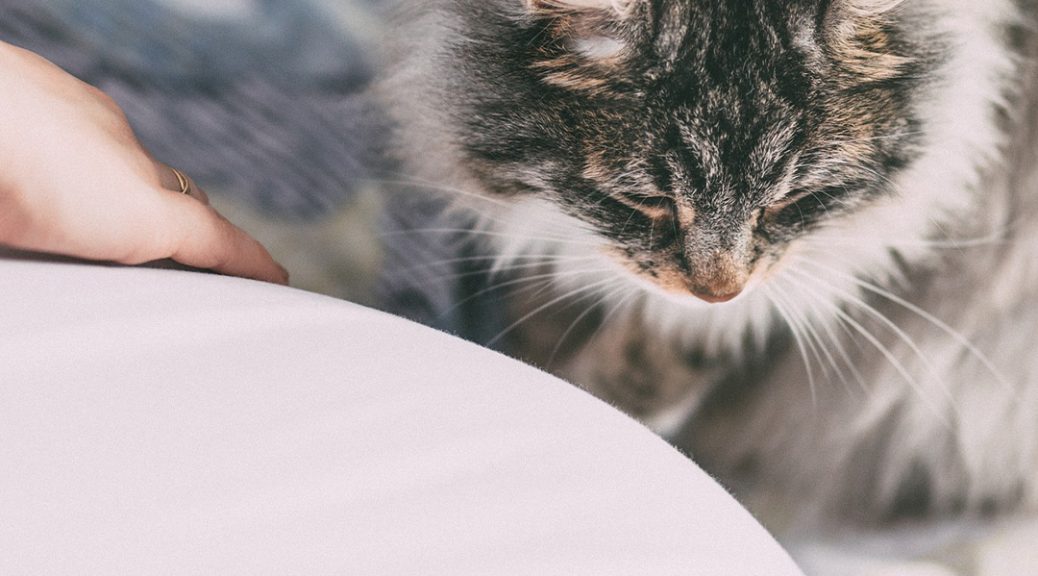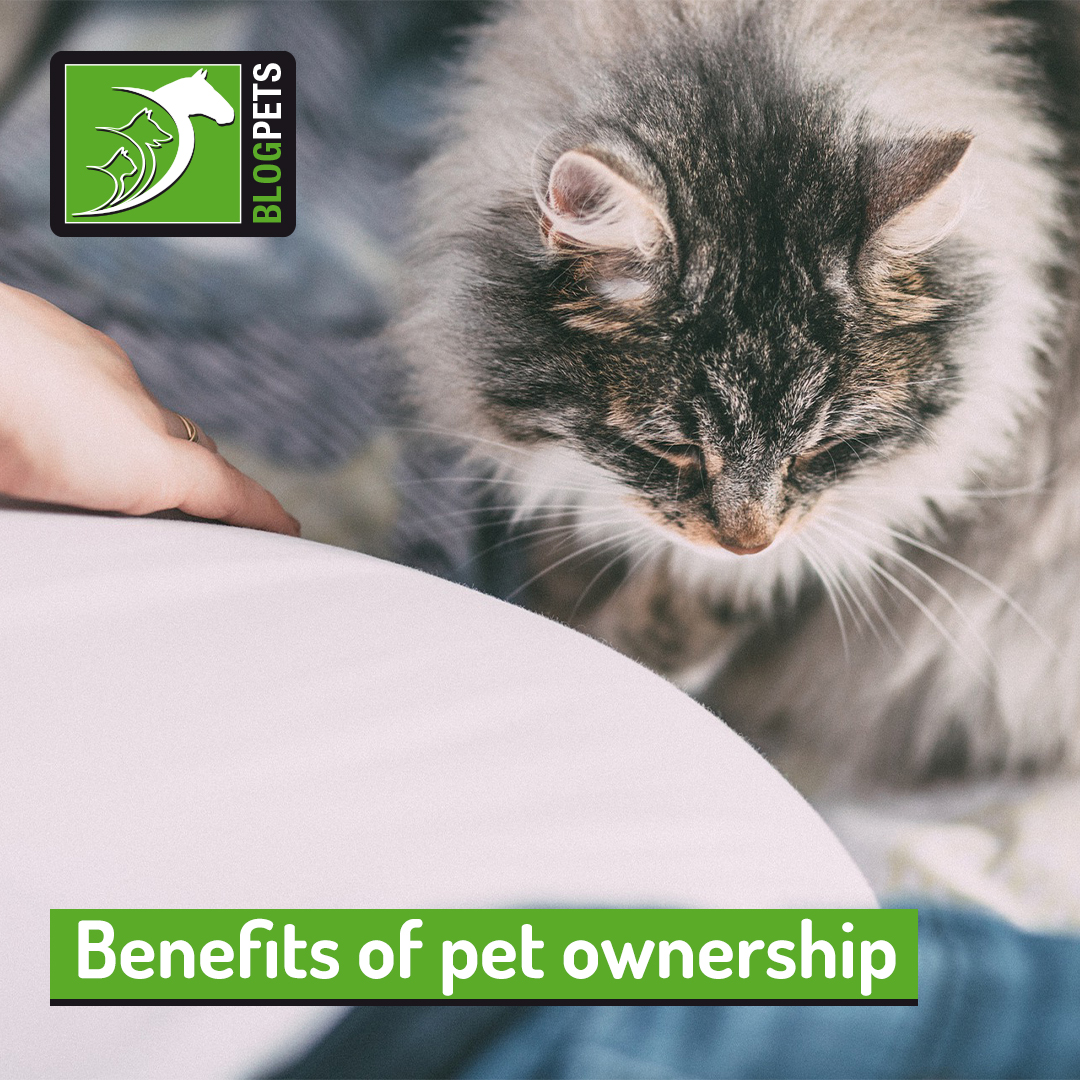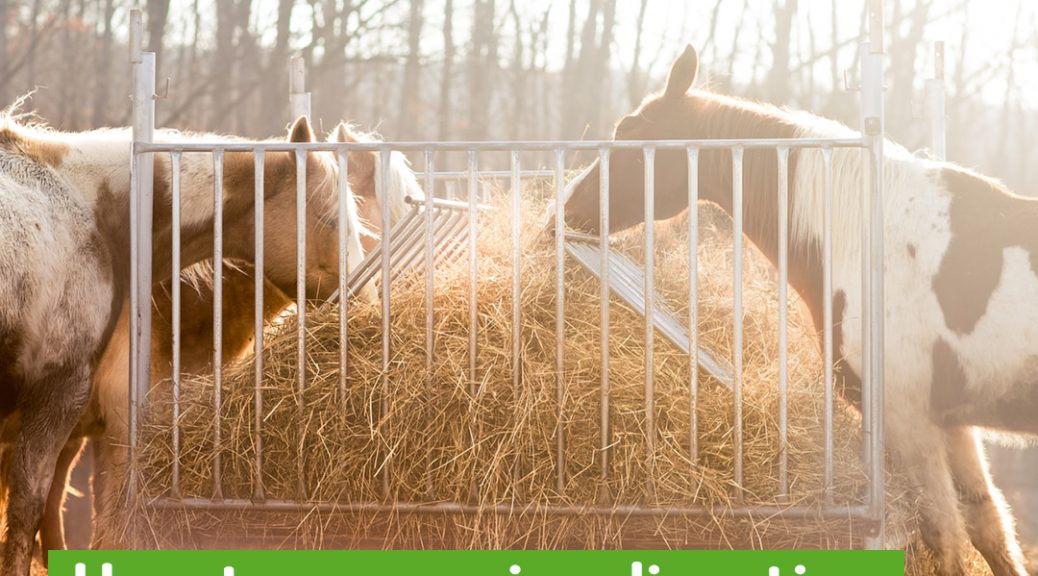
Digestion is a vital physiologic process, as it allows the nutrients in food to become available and be absorbed into the bloodstream, thus fuelling a horse’s body.
As large, herbivorous animals, horses have a complex yet delicate digestive system, and any disturbances to their digestion can lead to health complications.
There are several digestive problems that can affect horses, and in this article we will run through how to recognise them.
Colic is a broad term used to refer to abdominal discomfort in horses, which can be caused by a number of conditions, from a simple change in a horse’s routine to more severe problems, such as an intestinal torsion (which often requires surgical management), for example.
With the potential to be a life-threatening condition, colic is one of horse owners’ worst nightmares.
Prompt veterinary treatment in these cases is very important, so if you recognise any sign of abdominal discomfort in your horse, don’t hesitate to contact your vet.
Signs of abdominal pain include:
- Rolling
- Stretching
- Pawing with a forelimb
- Withdrawn behaviour and unwillingness to move
- Restlessness
- Decreased appetite
- Abnormal stance, shifting of weight or spending more time lying down
- Looking at the flank
- Altered faecal consistency or quantity
Some horses are more stoic than others and have a higher tolerance to pain. In these animals, it can be challenging to recognise that they are unwell, and owners should be suspicious if they detect any unusual behaviour or change in their horse’s demeanour.
Just like colic, diarrhoea is a manifestation of an underlying gastrointestinal problem and, depending on what’s causing it, its severity will vary.
Common causes for diarrhoea include stress, infection, inflammation, parasites and the use of certain medications.
Having loose stools for a couple of days due to a change in their feed, for example, is not likely to have a significant impact on your horses’ health. However, prolonged cases of diarrhoea will lead to dehydration, nutrient malabsorption and disruption of the delicate balance of the gut environment, so don’t take diarrhoea lightly.
Though diarrhoea and colic are the most noticeable signs of digestive problems, there are many other signs that you should be aware of and learn how to recognise. These signs may indicate gastrointestinal or other health issues. Do look out for:
Weight loss is usually suggestive of an insidious problem. It can be hard to spot if you’re not used to assessing your horse’s body condition score. Keeping such a record is very important given that it can help you detect subtle weight variations that may be related to health problems and also alert you to obesity and associated complications.
Pain is often the cause of poor appetite in horses, but it doesn’t always stem from a digestive problem. Musculoskeletal conditions, such as osteoarthritis, for example, can be extremely painful and lead to decreased appetite as well.
Dental issues, parasites, dehydration, and even stress can lead to constipation in horses. Passing faces is very important for the good functioning of the whole digestive tract, so make sure that your horse is defaecating regularly to avoid complications.
Any health condition can lead to poor performance, and this is not exclusive to gastrointestinal issues. If you notice that your horse has been ‘off’ lately, do not undervalue this, as your horse may be suffering in silence.
As you may have realised, signs of digestive problems don’t usually manifest alone. And as there is no one sign that is specific to one problem, veterinary assessment is critical to try and determine the cause and initiate appropriate treatment.
If you recognise any of these signs, don’t hesitate to contact your vet!
Would you like to know more about horses? Check our Equine Courses:



